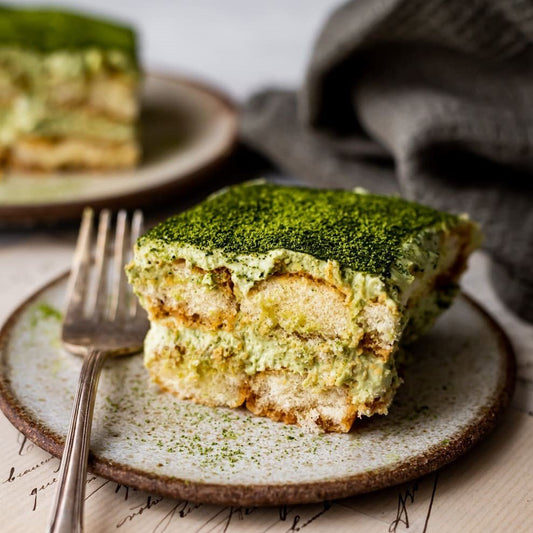Hello, beverage enthusiasts! Today, we're delving into a popular debate in the world of drinks: matcha vs. coffee. Both are beloved around the globe, but they offer distinct experiences in terms of taste, health benefits, and energy boosts. Let’s break down the differences and perhaps help you decide which one suits your lifestyle better.
Caffeine Content and Energy
Coffee: Known for its high caffeine content, coffee is the go-to for a quick energy boost. The caffeine in coffee hits you fast, providing an immediate pick-me-up. However, this can sometimes lead to a crash later on, especially if consumed in large quantities.
Matcha: Matcha also contains caffeine, but less than coffee. The key difference lies in how it's released into the body. Thanks to the presence of L-Theanine, an amino acid that promotes relaxation, the caffeine in matcha is absorbed more slowly. This results in a more sustained energy boost without the jitters or crash often associated with coffee.
Health Benefits
Coffee: Coffee is rich in antioxidants and has been linked to a reduced risk of several diseases, including Parkinson’s disease, Alzheimer’s disease, and certain types of cancer. It’s also known to improve mental alertness and concentration.
Matcha: Matcha is a powerhouse of antioxidants, notably catechins like EGCg, which have cancer-fighting properties. It also boosts metabolism and burns calories. The presence of L-Theanine enhances mental alertness while inducing a calming effect, promoting a state of relaxed alertness.
Flavour Profile
Coffee: The flavour of coffee is robust and bold, with a wide range depending on the bean type, roast, and brewing method. It can range from fruity and light to dark and full-bodied.
Matcha: Matcha has a unique taste that is both earthy and slightly sweet. High-quality matcha offers a smooth, creamy texture with a slightly grassy note and no bitterness.
Preparation and Versatility
Coffee: Coffee preparation ranges from simple (instant coffee) to more complex (espresso machines). It’s versatile in terms of brewing styles and can be enjoyed hot or cold.
Matcha: Preparing matcha involves whisking matcha powder with water, which can be a meditative process. It’s not just limited to tea; matcha powder can be used in lattes, smoothies, and even in cooking and baking.
Digestion and Sensitivity
Coffee: Some individuals may find coffee acidic or harsh on the stomach. It can also cause restlessness or insomnia in sensitive individuals, especially when consumed in large amounts.
Matcha: Matcha is generally gentler on the stomach. Since it’s consumed in a powdered form, it provides dietary fibre, which can be beneficial for digestion.
Conclusion
Matcha and coffee both have their unique charms and benefits. Your choice might depend on your desired caffeine effect, health considerations, or flavour preferences. Whether you’re a coffee devotee or a matcha enthusiast, both offer delightful ways to energize your day.




